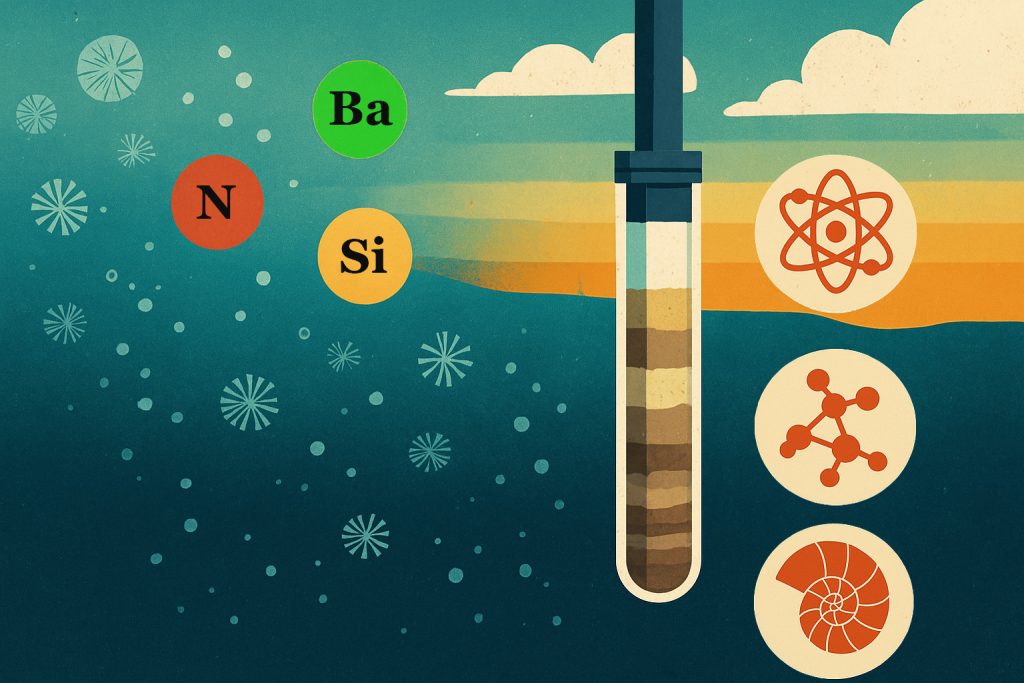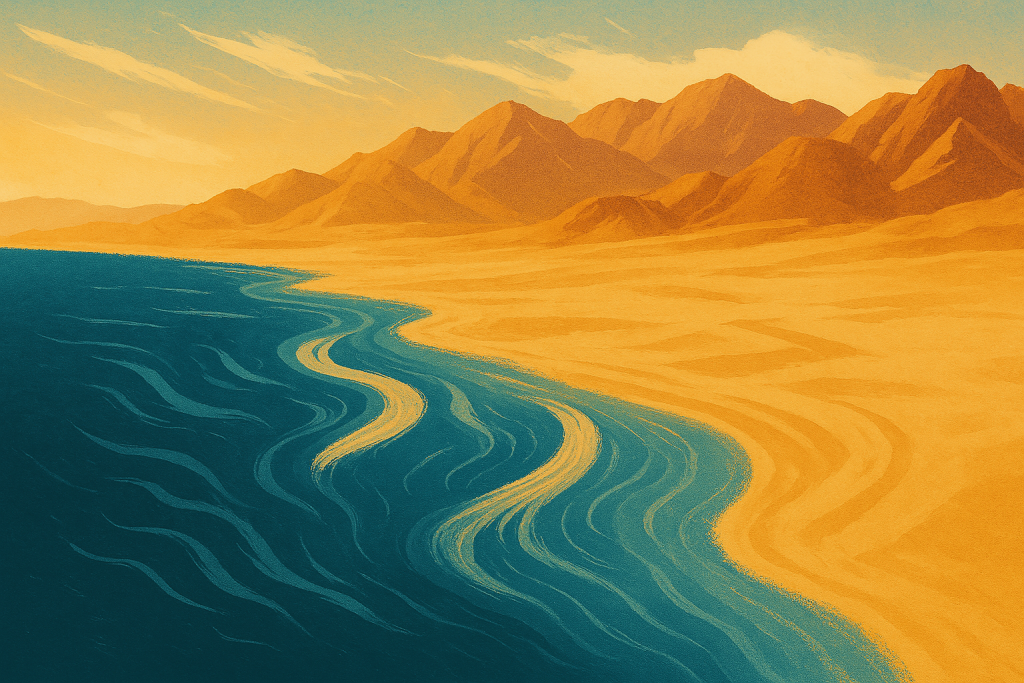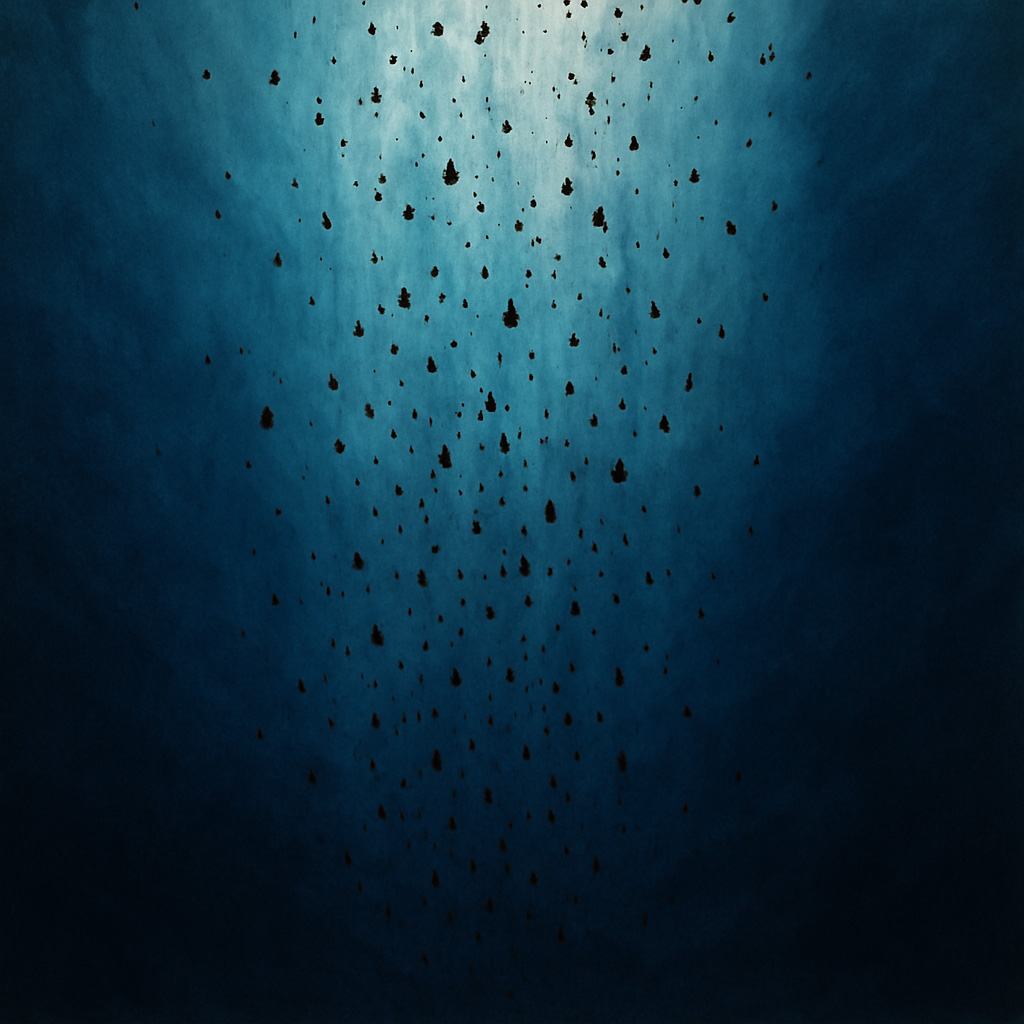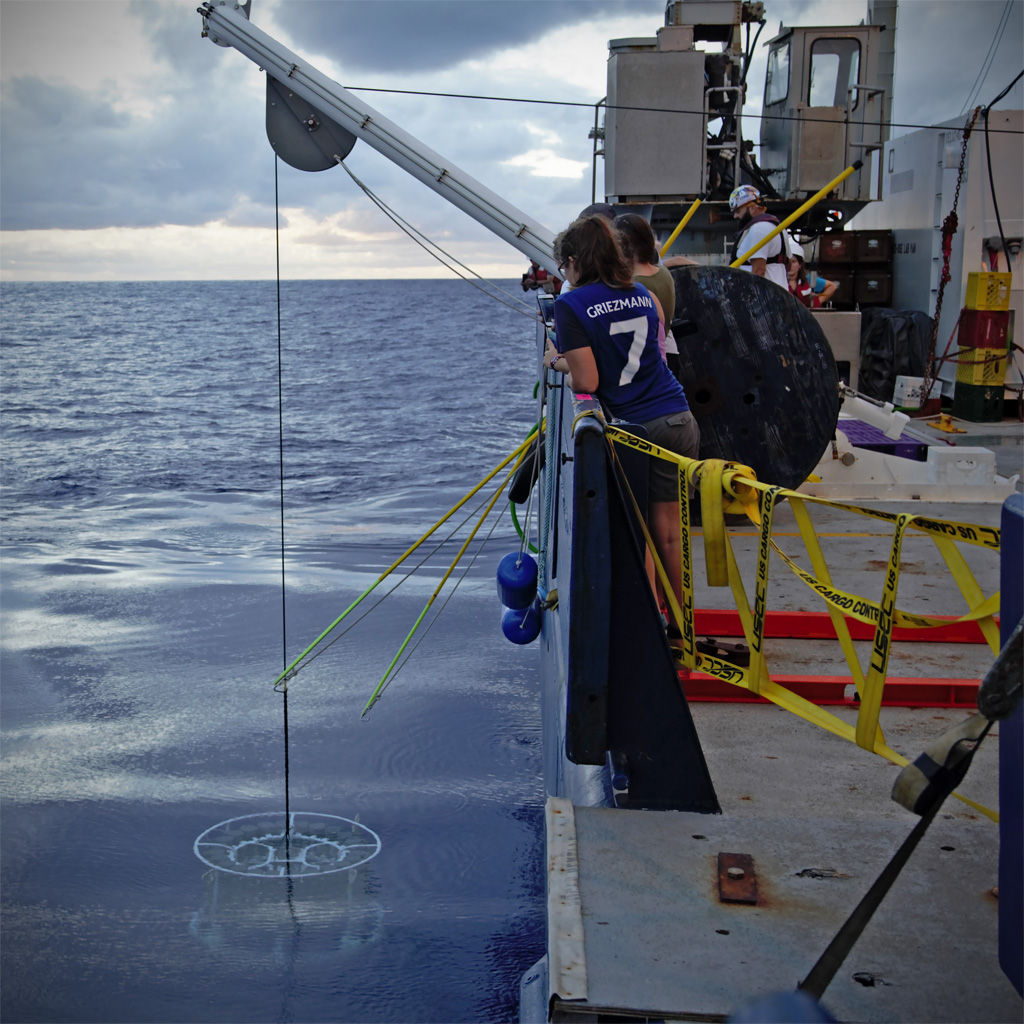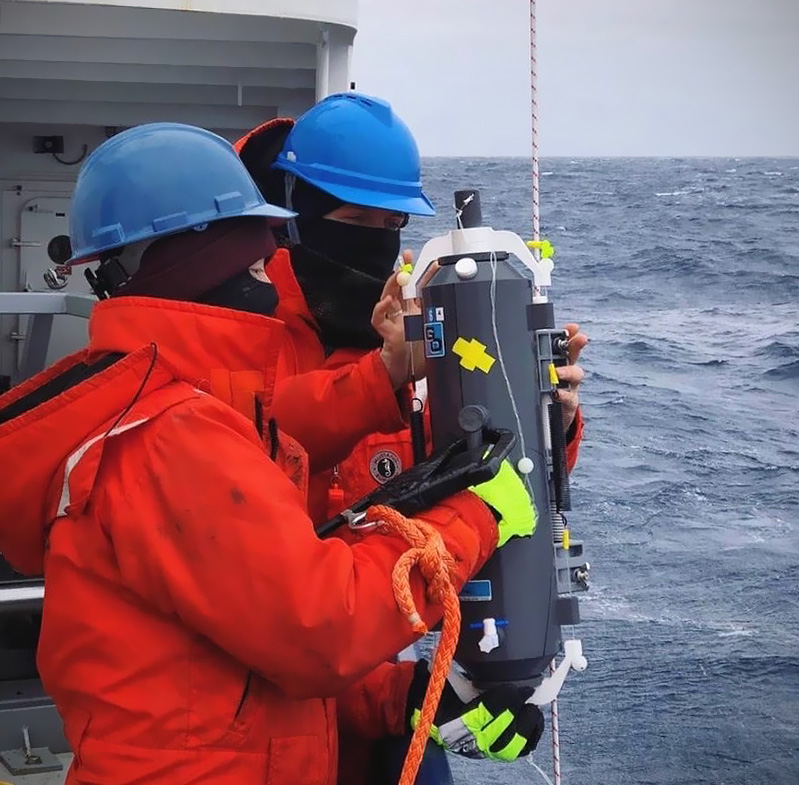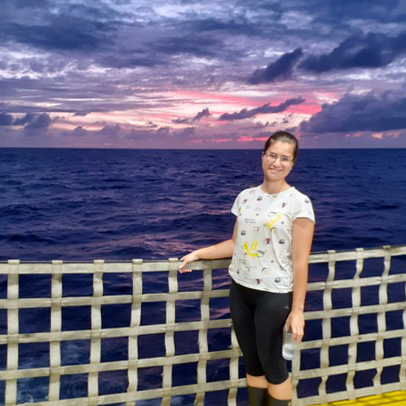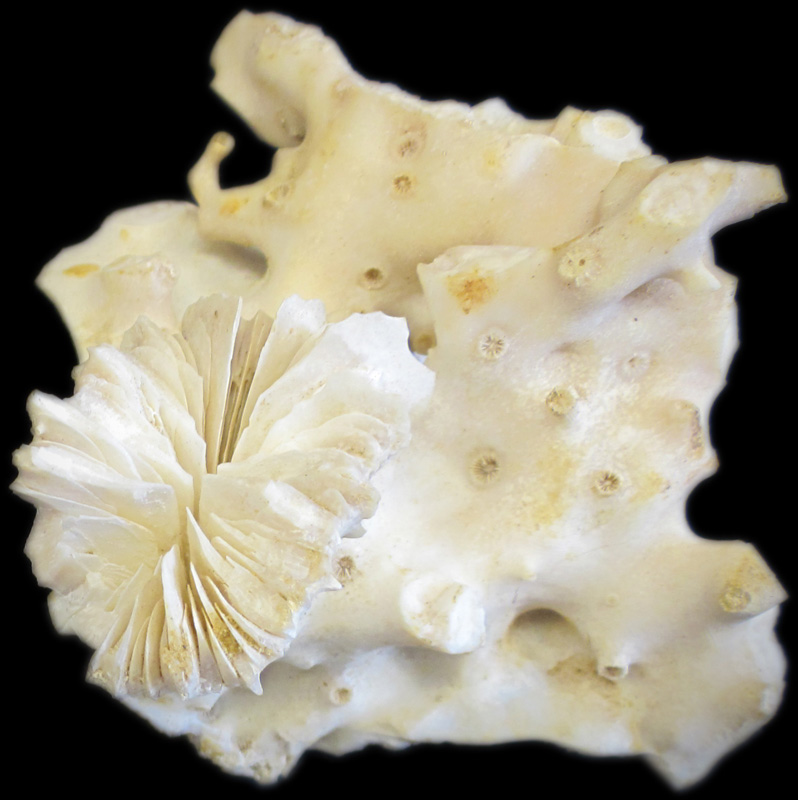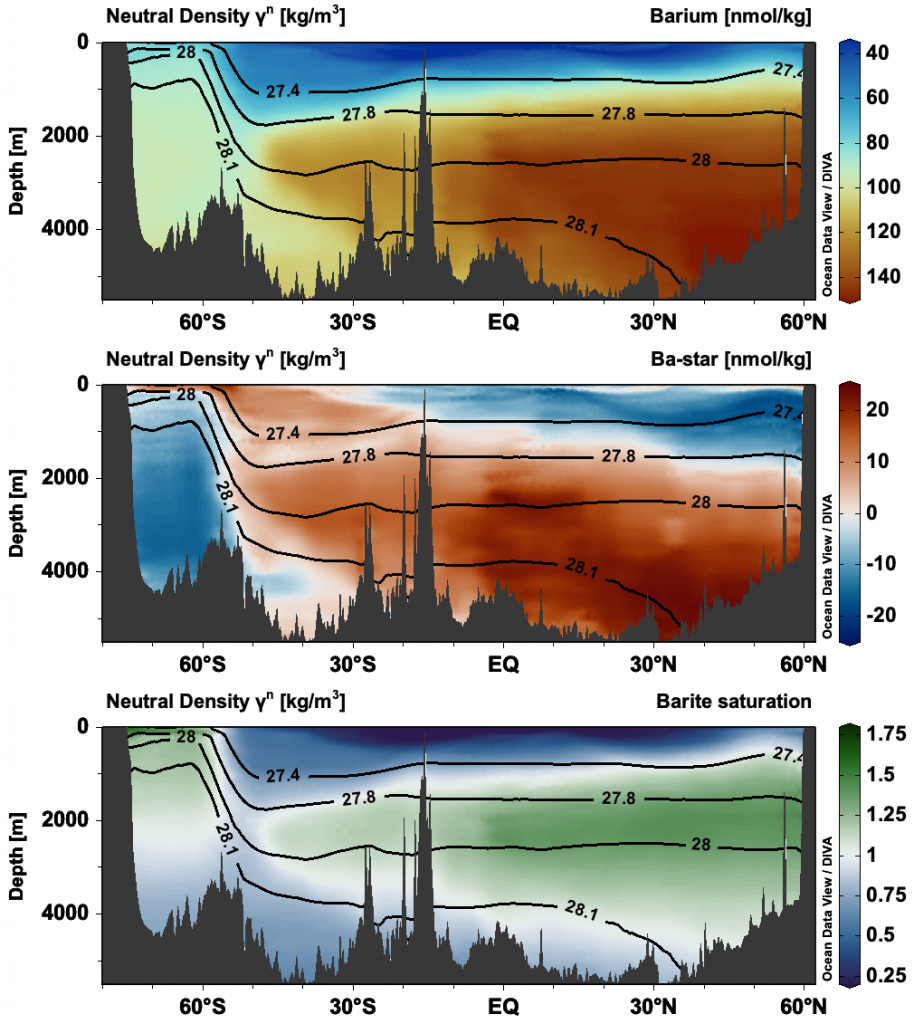Papers
Paper in press: Modeling the marine barium cycle
I’m excited to share that a new study led by Hengdi Liang, ‘Modeling the global oceanic barium cycle and implications for paleoceanographic proxies,’ is out today in Earth and Planetary Science Letters. As the title suggests, we developed a model of the global oceanic barium cycle and explored what it means for barium-based paleoceanographic proxies.…
Read MorePaper in press: Treatise on Geochemsitry
I’m pleased to share that our chapter, Tools to trace past productivity and ocean nutrients, has been published in the third edition of the Treatise on Geochemistry. My involvement in this chapter began on a flight to the 2021 AGU Fall Meeting in New Orleans. I happened to be seated near Jesse Farmer, the lead…
Read MoreCongratulations Dr. Ștreangă!
Congratulations to Dr. Iulia-Mădălina Ștreangă, who successfully defended her Ph.D. thesis today! Iulia’s dissertation, Marine iodine biogeochemistry: inorganic speciation, redox dynamics, and organic complexation, is available to download from DSpace@MIT. Well done, Iulia—incredible work and a major milestone!
Read MorePaper in press: Barium in the Red Sea
I’m excited to share that our recent study, led by Kim Mayfield, has been published in Frontiers in Earth Science. In this research, we set out to understand the barium cycle in the Gulf of Aqaba, located in the northern Red Sea. To do this, we collected an extensive set of samples—including aerosols, groundwater, seawater,…
Read MorePaper in press: Constraining the margin organic C flux
We’re excited to share the publication of ‘Distribution and Drivers of Organic Carbon Sedimentation Along the Continental Margins’ in AGU Advances, led by Logan Tegler (Ph.D., 2023). This study explores how organic carbon settles into marine sediments—a major long-term sink for atmospheric carbon dioxide, second only to silicate weathering. Estimating organic carbon sedimentation, especially along…
Read MorePaper in press: Biogeochemistry and budgets of barium and radium-226 in the Pacific
I’m delighted to report publication of ‘Controls on dissolved barium and radium‐226 distributions in the Pacific Ocean along GEOTRACES GP15,’ in a special issue of Global Biogeochemical Cycles dedicated to The U.S. GEOTRACES Pacific Meridional Transect (GP15). The study was led by Emilie Le Roy, who was a NIRVANA Lab Postdoc between 2019–2021. Below is a…
Read MorePaper in press: Characterizing the controls on the cadmium isotope composition of marine sediments
I’m really pleased to report the publication of a study, led by Logan Tegler (MIT–WHOI Ph.D., 2023), in Geochimica et Cosmochimca Acta, titled “Refining the roles of productivity, redox, and remineralization on the cadmium isotope composition of marine sediments.” The study can be accessed for free until May 23rd, 2024, by clicking this link; after…
Read MorePaper in press: Insights into iodine cycling in the Subtropics
I’m delighted to announce the publication of a study, led by Iulia Streanga, examining iodine cycling in the subtropical North Pacific Ocean. Our study aimed to uncover the dynamics of iodine redox transformations in seawater, particularly the conversion between its oxidized and reduced inorganic forms, and shed light on the rates at which these transformations…
Read MorePaper in press: Iodine incorporation into deep-sea corals
I’m excited to report publication of a new study led by Lorena Sun investigating the incorporation of iodine into deep-sea scleractinian and bamboo corals. The paper is published in a Special Issue of Frontiers in Marine Sciences titled The Marine Iodine Cycle, Past, Present and Future. Oxygen is vital for marine life, and understanding how…
Read MorePaper in press: Barium in seawater ‘solved’
We’re pleased to announce publication of a study led by Öykü Mete (SSF, 2021), published in Earth Systems Science Data. In this study we constrain the distribution of barium in the global ocean using machine learning. We developed thousands of machine learning models that could predict barium concentrations in seawater using GEOTRACES results from in…
Read More

